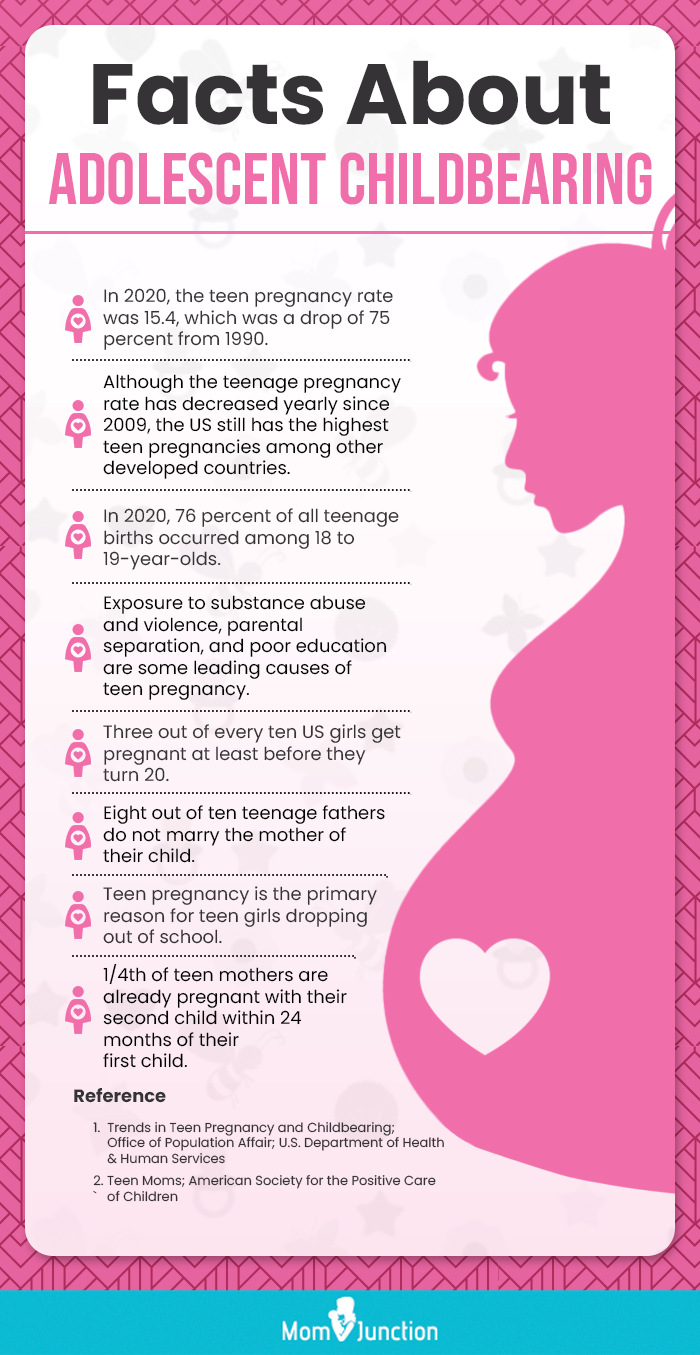
Teen Pregnancy: A Comprehensive Guide for Prevention and Support
Introduction
Teen pregnancy remains a prevalent issue in the United States, with approximately 750,000 teenagers becoming pregnant each year. This complex issue has far-reaching consequences for both the young mothers and their children, as well as society as a whole. This comprehensive guide aims to provide accurate and evidence-based information on teen pregnancy, including its causes, risks, and prevention strategies. Additionally, it offers support and resources for pregnant and parenting teens.
Causes of Teen Pregnancy
The causes of teen pregnancy are multifaceted and include both individual and societal factors.
- Lack of Comprehensive Sex Education: Many teens lack access to comprehensive sex education that provides accurate information about contraception, sexually transmitted infections (STIs), and healthy relationships.
- Peer Pressure and Social Norms: Teenagers may feel pressured to engage in sexual activity due to peer pressure or societal norms that glorify early sexual experiences.
- Limited Access to Contraception: Some teens may have difficulty accessing or affording contraception, which can increase their risk of unplanned pregnancy.
- Poverty and Lack of Opportunity: Poverty and limited educational and economic opportunities can contribute to teen pregnancy by creating a sense of hopelessness and a lack of alternatives.
- Trauma and Abuse: Teenagers who have experienced trauma or abuse may be more likely to engage in risky sexual behaviors, including unprotected sex.
Risks of Teen Pregnancy
Teen pregnancy poses significant risks to both the young mothers and their children.
Risks to Young Mothers:
- Increased Risk of Health Complications: Pregnant teens are at an increased risk of health complications, including preeclampsia, premature birth, and low birth weight babies.
- Limited Educational and Economic Opportunities: Teen mothers often face challenges completing their education and securing stable employment, which can have long-term financial consequences.
- Social Stigma and Isolation: Pregnant and parenting teens may experience social stigma and isolation, which can contribute to mental health issues.
Risks to Children:
- Increased Risk of Health Problems: Children born to teen mothers are at an increased risk of health problems, including low birth weight, developmental delays, and chronic diseases.
- Limited Educational and Economic Opportunities: Children of teen mothers may face limited educational and economic opportunities due to the challenges their mothers encounter.
- Increased Risk of Child Abuse and Neglect: Children of teen mothers are at an increased risk of child abuse and neglect due to the stress and challenges their mothers face.
Prevention Strategies
Preventing teen pregnancy requires a comprehensive approach that addresses both individual and societal factors.
- Comprehensive Sex Education: Providing teens with comprehensive sex education that includes information on contraception, STIs, and healthy relationships is essential for reducing teen pregnancy rates.
- Access to Contraception: Ensuring that teens have access to affordable and effective contraception is crucial for preventing unplanned pregnancies.
- Peer Education and Support Groups: Peer education programs and support groups can provide teens with a safe and supportive environment to discuss sexual health and make informed decisions.
- Addressing Poverty and Inequality: Addressing poverty and inequality can help reduce teen pregnancy rates by providing teens with opportunities for education, employment, and healthy development.
- Trauma-Informed Care: Providing trauma-informed care to teens who have experienced trauma or abuse can help reduce their risk of engaging in risky sexual behaviors.
Support for Pregnant and Parenting Teens
Pregnant and parenting teens need access to comprehensive support services to help them navigate the challenges they face.
- Prenatal Care and Health Services: Pregnant teens should have access to prenatal care, nutrition counseling, and other health services to ensure a healthy pregnancy and birth.
- Parenting Education and Support: Parenting education and support programs can provide teens with the skills and knowledge they need to raise healthy and happy children.
- Educational and Economic Support: Pregnant and parenting teens should have access to educational and economic support programs that help them complete their education and secure stable employment.
- Housing and Financial Assistance: Housing and financial assistance programs can help pregnant and parenting teens secure safe and affordable housing and meet their basic needs.
- Mental Health Support: Pregnant and parenting teens may experience mental health challenges, such as anxiety, depression, and post-partum depression. Access to mental health support is essential for their well-being.
Conclusion
Teen pregnancy is a complex issue with far-reaching consequences for young mothers, their children, and society as a whole. Preventing teen pregnancy requires a comprehensive approach that addresses both individual and societal factors. By providing comprehensive sex education, access to contraception, and support services for pregnant and parenting teens, we can help reduce teen pregnancy rates and improve the lives of young people and their families.